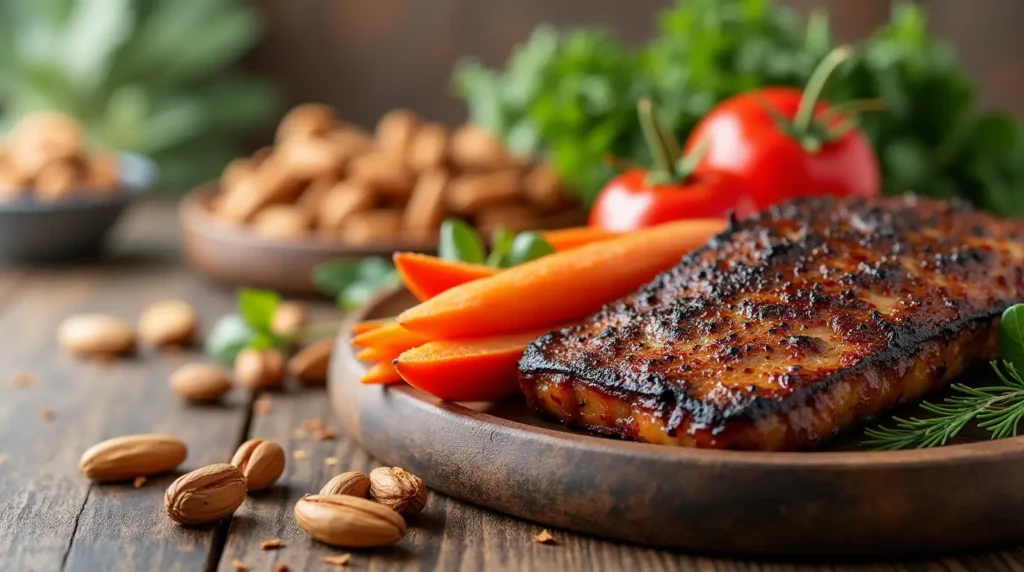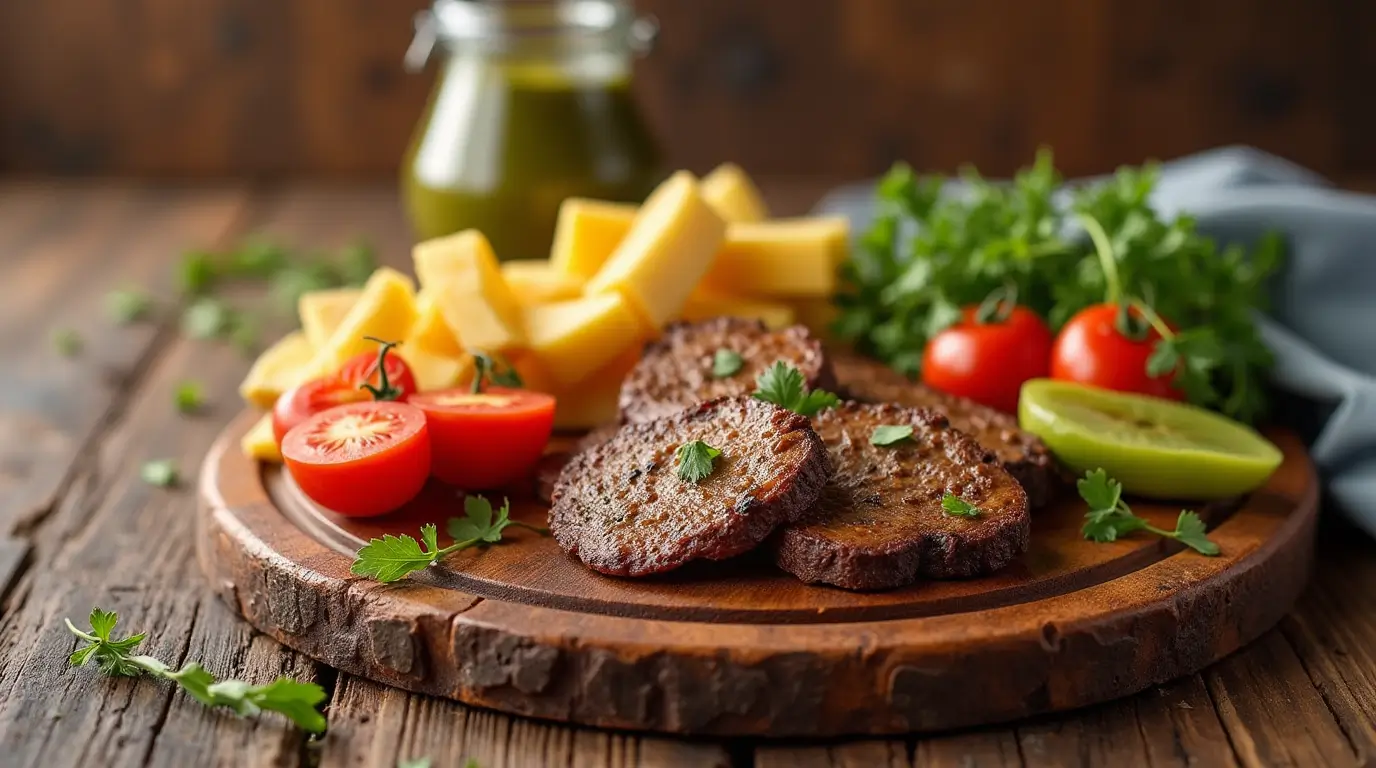Iron Rich Foods for Babies
Table of Contents
Ensuring your baby gets enough iron is crucial for their growth and brain development. Iron plays a vital role in oxygen transport and overall health. In this article, we will explore the best iron rich foods for babies, how to incorporate them into meals, and other essential details to support your baby’s nutrition.
Why Is Iron Important for Babies?
Iron is an essential mineral that supports cognitive development, energy production, and immune function. Babies are born with iron stores that last about six months, after which they need dietary iron to prevent anemia and support development.
Best Iron Rich Foods for Babies
There are two types of dietary iron:
- Heme iron (from animal sources) is more easily absorbed by the body.
- Non-heme iron (from plant sources) requires vitamin C for better absorption.
Heme Iron Sources
- Beef – Rich in iron, protein, and zinc, making it a great first food.
- Chicken – A softer alternative to beef with a good amount of iron.
- Turkey – High in protein and iron, easy to prepare for babies.
- Egg yolks – A good source of iron and easy to mix with other baby foods.
- Salmon – Contains iron, omega-3 fatty acids, and vitamin D.
- Liver (chicken or beef) – One of the most iron-rich foods but should be given in moderation due to high vitamin A content.

Non-Heme Iron Sources
- Spinach – Packed with iron and other essential nutrients.
- Lentils – A great plant-based protein and iron source.
- Quinoa – Contains iron, protein, and fiber.
- Tofu – A soft and iron-rich food, ideal for babies.
- Beans (black beans, kidney beans, chickpeas) – High in iron and easy to mash.
- Sweet potatoes – Contains iron and vitamin C for better absorption.
How to Introduce Iron Rich Foods to Babies
- Start with pureed or mashed versions for easy digestion.
- Pair non-heme iron sources with vitamin C-rich foods like oranges or tomatoes.
- Gradually introduce different textures to encourage chewing.
- Offer iron-fortified cereals as an easy and nutritious option.
Iron Content in Common Baby Foods
| Food Item | Iron Content per 100g |
|---|---|
| Beef | 2.7 mg |
| Chicken | 1.3 mg |
| Spinach | 2.7 mg |
| Lentils | 3.3 mg |
| Tofu | 5.4 mg |
| Quinoa | 1.5 mg |
Iron Rich Foods for Babies and Meal Ideas
Breakfast
- Iron-fortified baby cereal mixed with mashed banana.
- Scrambled egg yolk with soft avocado.
- Tofu scramble with soft-cooked vegetables.
Lunch
- Mashed lentils with sweet potatoes.
- Chicken puree mixed with carrots.
- Quinoa and spinach porridge.
Dinner
- Ground beef with mashed peas.
- Baked salmon flakes with rice.
- Iron-rich soup with beans and vegetables.
Importance of Iron Supplements
Some babies may need iron supplements, especially if they were born prematurely or have low iron levels. Consult your pediatrician to determine if supplementation is necessary.

Daily Iron Needs for Babies
| Age | Recommended Iron Intake |
|---|---|
| 0-6 months | 0.27 mg (from breast milk or formula) |
| 7-12 months | 11 mg (from solid foods and formula) |
| 1-3 years | 7 mg |
Beech-Nut Baby Food
Beech-Nut Baby Food is a great option for parents looking for nutritious and iron-rich baby food choices. They offer a variety of purees and cereals that contain essential nutrients to support growth and development.
Iron Rich Foods for Babies: Precautions
- Avoid giving cow’s milk before one year, as it can interfere with iron absorption.
- Limit high-fiber foods that may block iron absorption.
- Introduce iron-rich foods gradually to prevent digestive issues.
Baby Shower Cake Ideas
Looking for creative cake ideas? Check out Baby Shower Cake Ideas to find adorable and delicious cake designs for celebrating your little one’s arrival.
Conclusion
Providing iron rich foods for babies is essential for their growth, brain development, and overall health. By incorporating a variety of iron-rich options into your baby’s diet, you can ensure they receive the necessary nutrients for a strong and healthy start in life. Always consult a pediatrician before making significant dietary changes.

